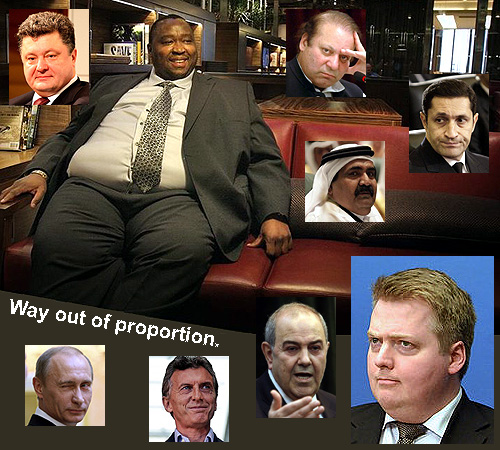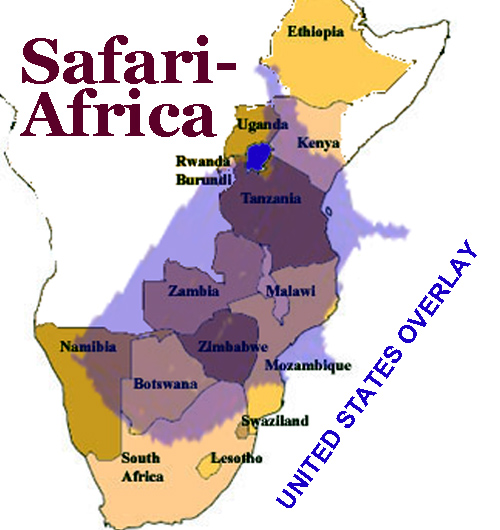
Over the weekend the biggest money laundering scandal in history was revealed by the International Consortium of Investigative Journalists (ICIJ).
Well who knows? It may not be the biggest money laundering scandal in history, but it’s the biggest money laundering scandal in history … proved.
More than 140 bigwigs, most of whom were publicly elected top leaders of countries like Russia and Argentina and Iceland, many of whom continue in office right now, are proved to have stolen millions from their country’s treasure chests.
The finely strewn paths of deceit led from the bigwig to one or two intermediaries to a single German law firm that managed the end-game by arranging that the money be hidden in tax havens in places like Switzerland and the British Virgin Islands.
This is likely illegal in almost every case, although the law firm’s actions are not illegal.
That’s what corruption is all about. It’s about … loopholes: creative manipulation of existing law so that the actual implementer of the illegality – in this case the German law firm, Mossack Fonseca – remains free to strike another dirty deal.
It’s illustrative to study Mossack Fonseca’s defense of its actions:
“For 40 years Mossack Fonseca has operated beyond reproach … Our firm has never been accused or charged in connection with criminal wrongdoing.” Spokesman Carlos Sousa said that the firm “merely helps clients incorporate companies.”
How many billions if not trillions of dollars have been kept from the societies in such desperate need of them?
Note how many black faces there are in the picture above. It drives me crazy when almost everyone points to Africa and cites corruption as its biggest problem.
“Biggest” in what sense? In amount of money? In percentage of social assets? Of course there’s corruption in Africa, because Africa is often a conduit for the corruption that begins elsewhere, but no reasonable measure of total corruption in Africa can begin to compare with the corruption outside Africa.
No contest. A drop compared to an ocean.
So why then do we continue to cite corruption as Africa’s greatest failing?
I think I know the answer and it isn’t all that horribly scathing; it’s actually helpful. Africa’s economies are teeny weeny compared to the rest of the world. The entire GDP of Kenya is about that of St. Louis.
So there are fewer significant transactions to begin with. So the paper trail is easier to investigate. It’s more defined and easier to pinpoint.
Moreover, the incidents of exposed corruption in Africa are easily linked to specific harm of its society, because every single penny is precious.
So ouch, corruption hurts a lot in Africa. Law abiding Africans protest far more about corruption than law-abiding Americans, do, for example. So corruption is actually exposed more in Africa than elsewhere.
But get off Africa’s back! It didn’t begin there, for sure. It starts with bloated capitalism poorly regulated. In today’s conservative global world I think that’s intentional.
